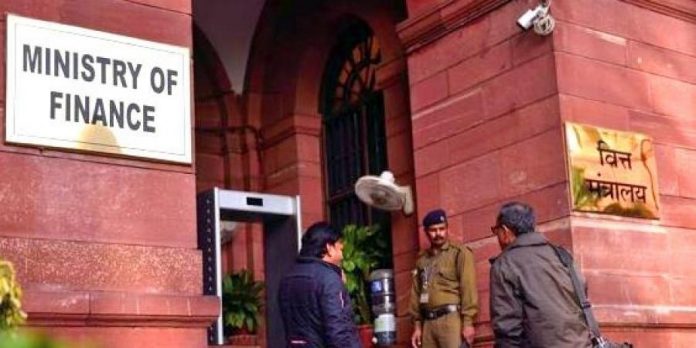The finance ministry will grow in size as a result of the reorganization of certain ministries for synergy, with the creation of the Department of Public Enterprises (DPE). The ministry of agriculture and farmers’ welfare has been divided into separate ministries for collaboration.
The overall goal of the experiment is to eliminate operational bottlenecks caused by various command centers, resulting in greater efficiency and speed in decision-making.The Ministry of Heavy Industry and Public Enterprises’ DPE is the sixth department of the Ministry of Finance, which previously held the departments of economic affairs, spending, revenue, financial services, and investment and public asset management.
Among other things, the DPE coordinates general policy issues impacting all central public sector enterprises (CPSEs), assesses and monitors their performance, and conducts capital project and spending reviews in CPSEs.
There is a growing perception that the necessity to report on operational difficulties to numerous departments/ministries are stifling the CPSEs. The DPE now sets basic rules for these businesses, but their execution is delegated to 45 separate administrative ministries. If the information on how rules such as the closure of ill CPSEs, the monetization of assets, or investment are being followed by the 250-odd PSUs must be gathered, all administrative departments must be contacted, delaying critical policy decisions. In contrast to India, China’s State-owned Assets Supervision and Administration Commission of the State Council (SASAC) oversees and administers state-owned businesses.
The newly formed ministry of cooperation will primarily serve as a regulator of the cooperative sector, similar to how the corporate affairs ministry oversees companies, while the agriculture ministry continues to deal with procurement and credit, both of which involve a large number of cooperatives.
According to the government announcement, the new ministry will be in charge of overall policy in the field of cooperation as well as coordination of cooperation activities in all sectors, while other ministries would be in charge of cooperatives in their respective domains.
This clarifies an earlier misunderstanding over which ministry will manage fertilizers company Iffco or Gujarat Cooperative Milk Marketing Federation, widely known as Amul; both institutions will be administrative departments for the fertilizer and dairy industries, respectively. Similarly, the agricultural ministry would continue to be in charge of the purchase of oilseeds and pulses through the farm cooperative Nafed.
The Ministry of Cooperation will primarily be in charge of the Central Registrar of Cooperative Societies, which regulates and governs all multi-state cooperative societies. The move is significant since certain financial businesses were reportedly transformed into multi-state cooperatives to avoid regulatory agencies like the RBI and SEBI.
A separate ministry will undoubtedly assist because the cooperative never received the attention it needed under the agricultural ministry, and the cooperative section employed more than ten people, according to a senior official. Furthermore, it will manage the activities of the National Cooperative Development Corporation, which typically supports cooperatives to carry out government projects.
Follow and connect with us on Facebook, LinkedIn & Twitter

